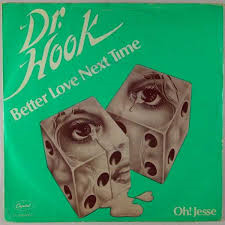 On 26 January, 1980, “Better Love Next Time” by Dr. Hook peaked at #12.
On 26 January, 1980, “Better Love Next Time” by Dr. Hook peaked at #12.
All right! Dr. Hook! It’s about time we got some down and dirty delta blues funk on… .Let’s crank up youtube and get this “Better Love Next Time” track going…
What the heck? This is not delta blues. This is washed-out easy listening.
Of course, I was thinking of Dr. John, not Dr. Hook, and let me tell you, that’s a rude awakening. Not that “Better Love Next Time” is a particularly bad song, it’s just not what I was expecting. At all. Instead of doing some zydeco stomping around dusty wood-paneled floors in some rugged dive bar on the wrong side of town, here we are smoothly traipsing over a parquet dance floor at a very very white disco between a slow song and something faster.
Whatever, though this song isn’t musically interesting (well, a little — the reduced chord progression toward the end of the chorus adds a darker tone to the song than the gentle bubbling of the rest of it would lead you to expect) the lyrics are at least a wry bit of wordplay. And unlike “Chiquiquita”, which I scathed before, I actually get the sense that Dr. Hook cares about how sad his friend feels, and wants to share in his/her misery and recovery. So, as lame easy listening music goes, this isn’t all that bad, but I’d much rather be listening to Dr. John.


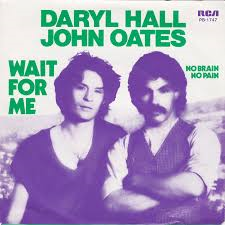
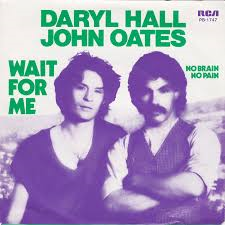 On 26 January, 1980, “
On 26 January, 1980, “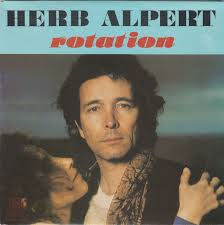
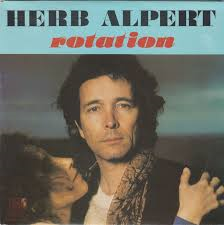 On 26 January, 1980, “
On 26 January, 1980, “
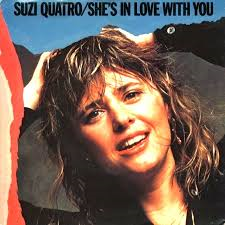 On 26 January, 1980, “
On 26 January, 1980, “
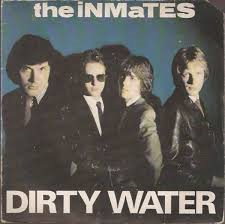 On 26 January, 1980, “
On 26 January, 1980, “
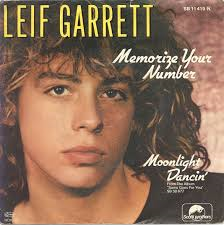 On 26 January, 1980, “
On 26 January, 1980, “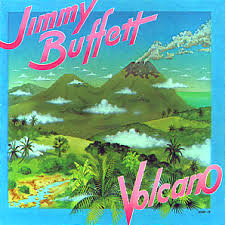
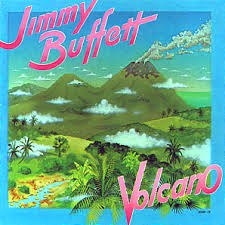 On 26 January, 1980, “
On 26 January, 1980, “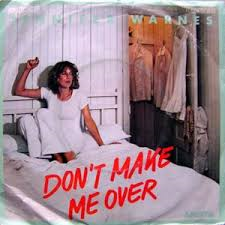
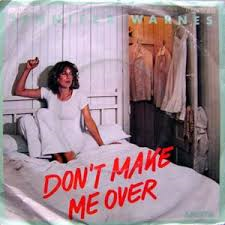 On 26 January, 1980, “
On 26 January, 1980, “
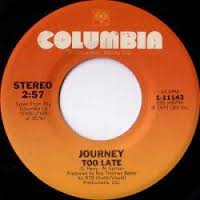 On 26 January, 1980, “
On 26 January, 1980, “